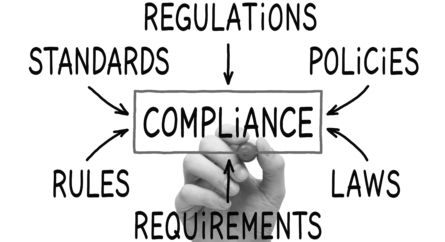“You are the sole judges of the credibility of a witness…”: Credibility Assessments in the #MeToo Era
The proliferation of public and high-profile sexual harassment and misconduct allegations has led to a groundswell of support and encouragement for victims to speak their truth. Those companies and institutions that investigate these claims, however, must balance that cultural shift with basic concepts of fairness. In other words, investigators and fact-finders cannot rush to judgment; believing the victim cannot mean blindly condemning the accused.
In the court system, before a case gets submitted to the jury, the judge must instruct the jury on the law that is applicable to the case before it. That set of instructions often includes guidance about the credibility of witnesses. The jury members will likely be told that they are the sole judges of the credibility of a witness; that they may believe everything a witness says, part of what a witness says, or none of what the witness says; that they should examine carefully any conflicts, discrepancies, or inconsistencies in testimony; that they may consider whether a witness was candid or guarded, responsive or evasive, and whether the testimony is reasonable or unreasonable, probable or improbable; and that they may also consider evidence, if any, about a witness’s motive for testifying, whether a witness displays any bias in testifying, and whether or not a witness has any interest in the outcome of the case. In the Court system, this credibility analysis by the jury is a natural byproduct of a party’s right to cross-examination. The principles of fundamental fairness and due process require that a party be allowed to confront and cross-examine witnesses who testify against him or her. The way in which a witness responds to questions that he or she was not prepared for is often more telling for the jury than how a witness testifies during a usually scripted and rehearsed direct examination by his or her own attorney.
Sexual harassment and misconduct investigations by colleges and universities, however, are not trials by jury, and as this blog recently explained, Massachusetts law permits its colleges and universities flexibility to adopt diverse approaches to student discipline matters that do not meet federal due process requirements. In other words, a witness may never be subject to true cross-examination, as we understand that term. How, then, does an investigator or other fact-finder, the de facto jury for sexual harassment and misconduct allegations, ensure that he or she has fully probed the credibility of sometimes diametrically opposed versions of events? Even in the absence of cross-examination by the other party, an investigator or fact-finder should still identify inconsistencies, contradictions, or gaps in a person’s testimony or statement; look for corroborating physical evidence; identify consistent details across different witnesses; and consider any motives to lie, withhold information, or be untruthful. Documenting efforts in this regard may help insulate the institution from later claims of gender bias or other similar unfairness allegations.
Client Tip
Fact-finders should, to the extent possible, provide detail about how they reached their conclusions, including providing insight into what evidence and testimony they found more or less credible, and why.
Categorized: Harassment
Tagged In: misconduct, sexual harassment














